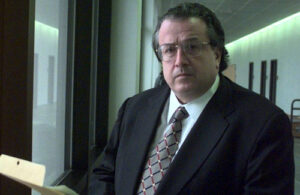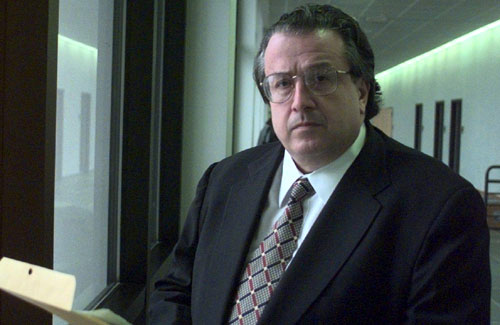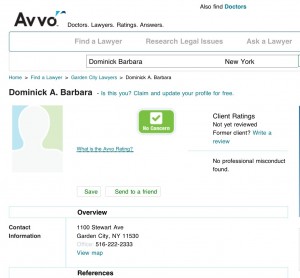This was first posted in Trial Magazine (February 2011)©, put out by the American Association for Justice, formerly Association of Trial Lawyers of America (ATLA). At my request, I’ve been given permission to re-post this, given the constant drumbeat of tort “reformers” seeking to protect those that have caused injury to others from being held accountable for their conduct.
———————————————
First, do no harm
C. Gibson Vance, President of AAJ
Few things in life are certain, but one thing you can count on is that politicians who want to weaken the civil justice system will try repeatedly to take away the legal rights of patients hurt by medical negligence. That was one of their final actions late last year, and it is on their agenda again in this new Congress.
Once again, our opponents are ignoring a major crisis in preventable medical errors and attacking injured patients while they try to revive the health care debate by raising the usual myths about medical malpractice litigation.
In the last Congress, AAJ successfully fought off dozens of amendments to the health care reform law that would have denied the legal rights of medical negligence victims. Our opponents tried one last time in the waning hours of the fall session by attempting to inject med-mal tort “reform” into the 9/11 bill, and AAJ helped to get the effort defeated by a vote of 185–244.
Their argument always boils down to cost. They claim that medical malpractice litigation is an expensive drain on the American health care system. A favorite tactic is to blame legitimate negligence claims for costly “defensive medicine”—a term used to describe what happens when doctors presumably order unnecessary tests for fear of being sued.
Yet even using our opponents’ statistics, a 2009 Congressional Budget Office report found that proposed changes in the civil justice system would save only one-half of 1 percent of all health care spending. The same report found evidence that tort “reform” measures would increase mortality rates and lead to worse patient care.
A tired and treacherous campaign
Now they’re at it again, at a time when the serious problem of medical errors is growing worse, not better. In 1999, the Institute of Medicine (IOM) famously reported that preventable medical errors kill as many as 98,000 patients a year. At that time, the IOM suggested a number of steps to improve safety, such as increasing the use of computerized medical records and making sure doctors and nurses don’t work too long in any given shift.
Two recent studies make it clear those policies have not been widely adopted. Last November, both the New England Journal of Medicine (NEJM) and the inspector general for the Department of Health and Human Services published results of studies showing that the level of risk to patients in our nation’s hospitals is at crisis levels, with hundreds of people dying daily from medical errors.
The NEJM study—which examined patient safety in North Carolina hospitals—found that about 18 percent of patients were harmed and that of these injuries, 2.9 percent were permanent, 8.5 percent were life-threatening, and 2.4 percent caused or contributed to a patient’s death. The study also reported that “the penetration of evidence-based safety practices has been quite modest.” Only 1.5 percent of hospitals in America are using a comprehensive computerized medical record system, and doctors-in-training and nurses regularly work excessively long hours, which has been proved to be unsafe.
The inspector general’s report included some sobering statistics from a study of Medicare beneficiaries conducted in October 2008. It found that one in seven Medicare patients experienced a serious adverse event. As a result, the study projected that 15,000 patients died in a single month—that’s the equivalent of an astonishing 180,000 patients a year. The study concluded that 44 percent of the adverse events were preventable, due to medical errors and substandard care, and cost the government $4.4 billion a year.
How will stripping the rights of these patients to seek justice solve this crisis of care? It won’t. Instead it will create a health care system that costs more but produces worse outcomes. Patients injured by medical errors will have no recourse, leaving taxpayers to foot the bill.
Congress should adopt the time-honored pledge of the medical profession, “First, do no harm.” It should focus on the real problem of preventable medical errors, not attack innocent patients harmed by health care providers’ mistakes.





